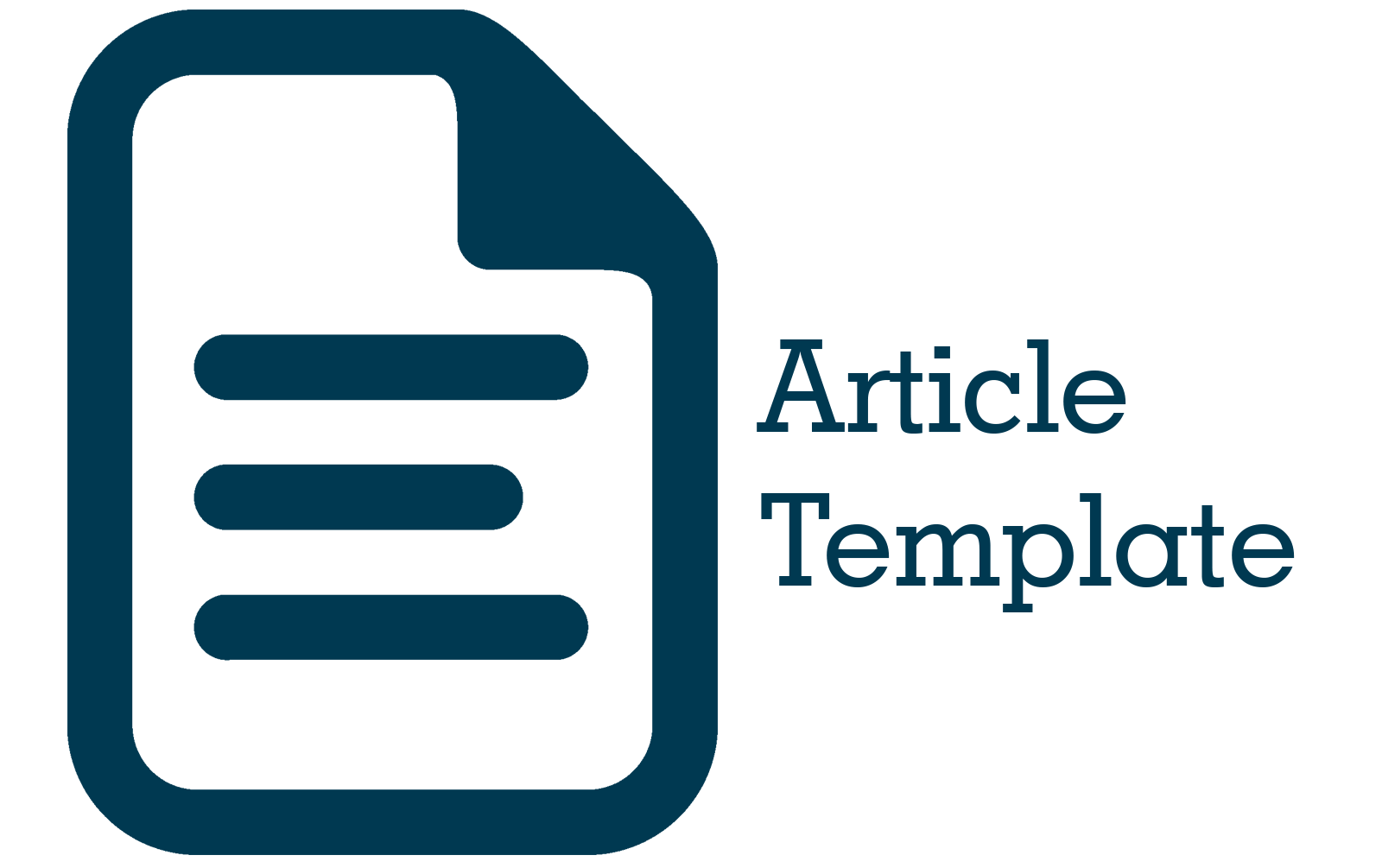Fungsi Justice Colaboration dalam Tindak Pidana Korupsi(Studi Putusan No.7/Pid.Sus-TPK/2021/PN.Mdn)
Abstract
ABSTRACT- Corruption is a serious crime that tends to be committed by officials in Indonesia. The high number of corruption crimes in Indonesia has forced law enforcement officers and the Corruption Eradication Commission (KPK) to have a special strategy to catch the perpetrators, one of which is the Justice Collaborator service. A Justice Collaborator is a person who is an actor who participates in committing the crime but wants to help law enforcement officials solve the case by telling everyone what he knows about the case, either from new perpetrators or new evidence, making it easier for law enforcement officers to resolve the case. . However, in practice, Justice Collaborators often do not receive legal protection from the services they have provided for legal officials. The purpose of this study is to find out the reasons why the judge rejected the Justice Collaborator's request in the case of Decision No.7/Pid.Sus-TPK/2021/PN.Mdn and to provide definite legal protection for the Justice Collaborator in corruption crimes in Indonesia. In this writing, the author uses normative research methods, then approaches with a normative approach, the type of research conducted is doctrinal research, the specification of the research used is analytical descriptive, the data collection method used is library research, and uses qualitative methods. The results of this study the defendant's application to become a Justice Collaborator was rejected by the judge because there was no clarity from the public prosecutor's office, giving rise to doubts for the judge to accept the defendant's request
Keywords- Justice Collaborator, Corruption Crime, Legal Protection
ABSTRAK Tindak Pidana korupsi adalah tindak pidana berat yang cenderung dilakukan oleh para pejabat di Indonesia. Tingginya angka tindak pidana korupsi di Indonesia membuat para apparat hukum dan Komisi Pemberantas Korupsi (KPK) harus mempunyai strategi khusus untuk menangkap para pelaku, salah satunya jasa Justice Collaborator. Justice Collaborator adalah orang yang merupakan pelaku yang ikut serta dalam melakukan tindak pidana tersebut namun mau membantu apparat hukum untuk memecahkan kasus tersebut dengan memberi tahu semuanya apa yang dia tau dalam kasus tersebut baik dari pelaku baru ataualat bukti baru sehingga memudahkan apparat hukum untuk menyelesaikan kasus tersebut. Namun, dalam prakteknya seringkali Justice Collaborator tidak mendapatkan perlindungan hukum dari jasa yang telah dia berikan untuk apparat hukum. Tujuan dari penelitian ini untuk mengetahui alasan mengapa hakim menolak permohonan Justice Collaborator dalam kasus Putusan No.7/Pid.Sus-TPK/2021/PN.Mdn dan memberikan perlindungan hukum yang pasti untuk Justice Collaborator dalam tindak pidana korupsi di Indonesia. Dalam penulisan ini, penulis menggunakan metode penelitian normatif, lalu pendekatan dengan pendekatan normatif, jenis penelitian yang dilakukan adalah penelitian doktrinal, spesifikasi penelitian yang digunakan adalah deskriptif analitis, metode pengumpulan dala yang digunakan adalah studi kepustakaan, dan meenggunakan metode kualitatif. Hasil dari penelitian ini permohonan terdakwa untuk menjadi Justice Collaborator ditolak oleh hakim karena tidak adanya kejelasan dari kejaksaan penuntut umum sehingga menimbulkan keraguan untuk hakim menerima permohonan terdakwa
Kata kunci : Justice Collaborator, Tindak Pidana Korupsi, Perlindungan Hukum











